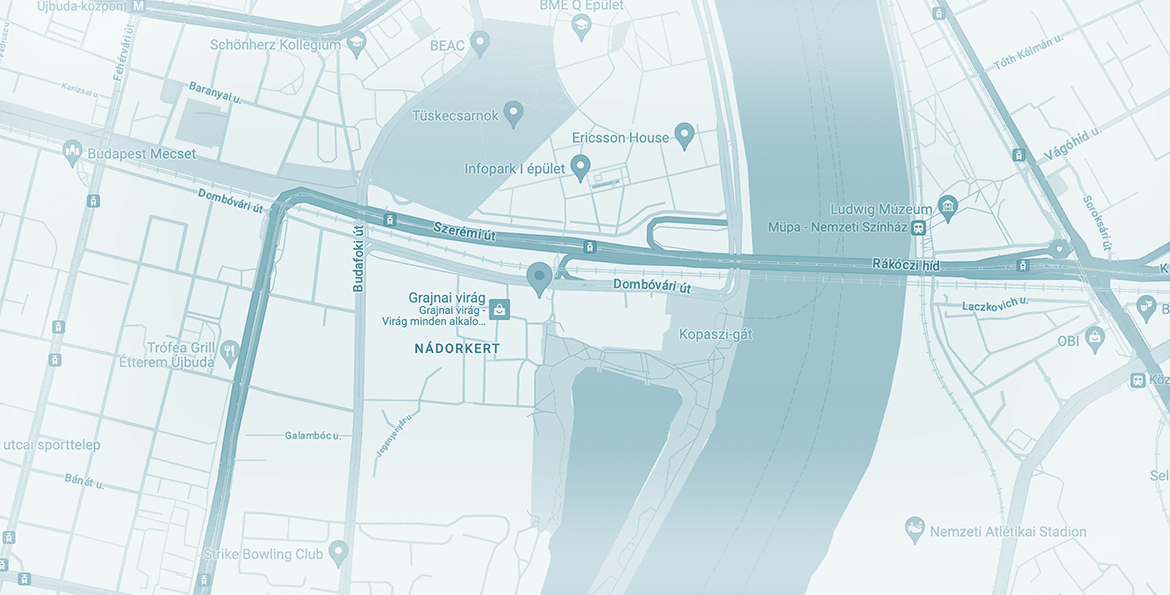
Plans for restructuring KATA in the works
KATA is a tax regime in Hungary that can be applied to small companies and freelancers whose yearly revenue is below HUF 12 million. After its introduction in 2013, it soon became immensely popular, even despite the serious constraints imposed upon it over the years. Now it seems government plans to restructure KATA in a way that would make it even less favorable.
KATA is a tax regime in Hungary that can be applied to small companies and freelancers whose yearly revenue is below HUF 12 million. After its introduction in 2013, it soon became immensely popular, even despite the serious constraints imposed upon it over the years. Now it seems government plans to restructure KATA in a way that would make it even less favorable.
Why is KATA so popular?
KATA is short in Hungarian for Itemized Tax Liability of Small Taxpayers. It is available both for companies and freelancers, given that their yearly revenue remains below HUF 12 million (roughly EUR 30,000). It is a simplified form of taxation, because KATA subjects do not have to pay VAT (if they choose that scheme, in which case they do not add VAT to their invoices either) or corporate tax, but a relatively low monthly contribution that covers all taxes in one bulk (just HUF 25,000 / 50,000 / 75,000, that is, ca. EUR 60 / 120 / 180 each month, depending on which plan applies to them).
- Invoices without VAT make KATA businesses more popular among clients.
- The single, low monthly contribution make KATA popular among entrepreneurs.
What are some drawbacks of KATA?
For the taxpayer, one of the biggest drawbacks is related to pensions. In Hungary, the monthly pension you get after you finish your working career depends on the contributions you paid while you were working. Accordingly, blue collar workers on minimum wage will get significantly less in pension than corporate CEOs. The monthly contribution of KATA only covers the bare minimum of social contributions, which gives dire prospects regarding pensions for anyone paying only KATA throughout their career. Of course, joining a voluntary pension fund can seriously mitigate that effect.
Another drawback is that KATA subjects are not supposed invoice more than yearly HUF 3 million (roughly EUR 7,500) to the same client (they can, but then there is a 40% tax to be paid by the client on anything over the 3 million limit). While this limitation was introduced to deter disguised employment, which is in fact a legitimate concern for the government, the HUF 3 million is way too low a limit, especially for freelancers who work on project basis to one or two major clients, such as many translators, interpreters, consultants, or artists.
If the business becomes “too successful” and the yearly revenue exceeds HUF 12 million, you lose your VAT exemption for the year (if you were working under the scheme without VAT) and will have to pay 40% in taxes on your revenue above the limit. While this seems a brutal shift, this increase in costs is still quite favorable compared to regular tax regimes, while the user can continue to take advantage of the simple payment structure.
What will change from 2023?
There is no final decision about KATA just yet. Since one of the biggest concerns around KATA is disguised employment especially of management level colleagues of major corporates, it is proposed that the amount that could be invoiced to the same client should be decreased even more. However, this would put even bigger constraints on the above-mentioned groups. At the same time, monthly income would be limited to HUF 1.5 million – raising the yearly KATA threshold to HUF 18 million while still restricting groups working on a project basis.
The only thing that seems certain at this point is that KATA cannot stay as it is, and it will most probably cease to be a tax regime that favors freelancers and small businesses working for a few major clients and/or on a project basis. The change will affect more than 430,000 taxpayers in Hungary.
Accounting for small businesses
Helpers Finance provides accounting and bookkeeping services tailored to small and middle-sized companies operating in Hungary, alongside tax and legal consultancy. Our specialization includes regular corporate tax and KIVA, while we are happy to help you discover the tax regime most suitable for you and your business in case KATA ceases to become an option.
Watch this space for news, or contact us today for a consultation.
Contact
Get in touch today
Monday - Friday
9am - 5pm CET
Helpers Finance Kft.
Budapart Gate
Dombóvári út 27
Budapest 1117, Hungary
If you’re visiting us, please use entrance A and come to the 2nd floor.



